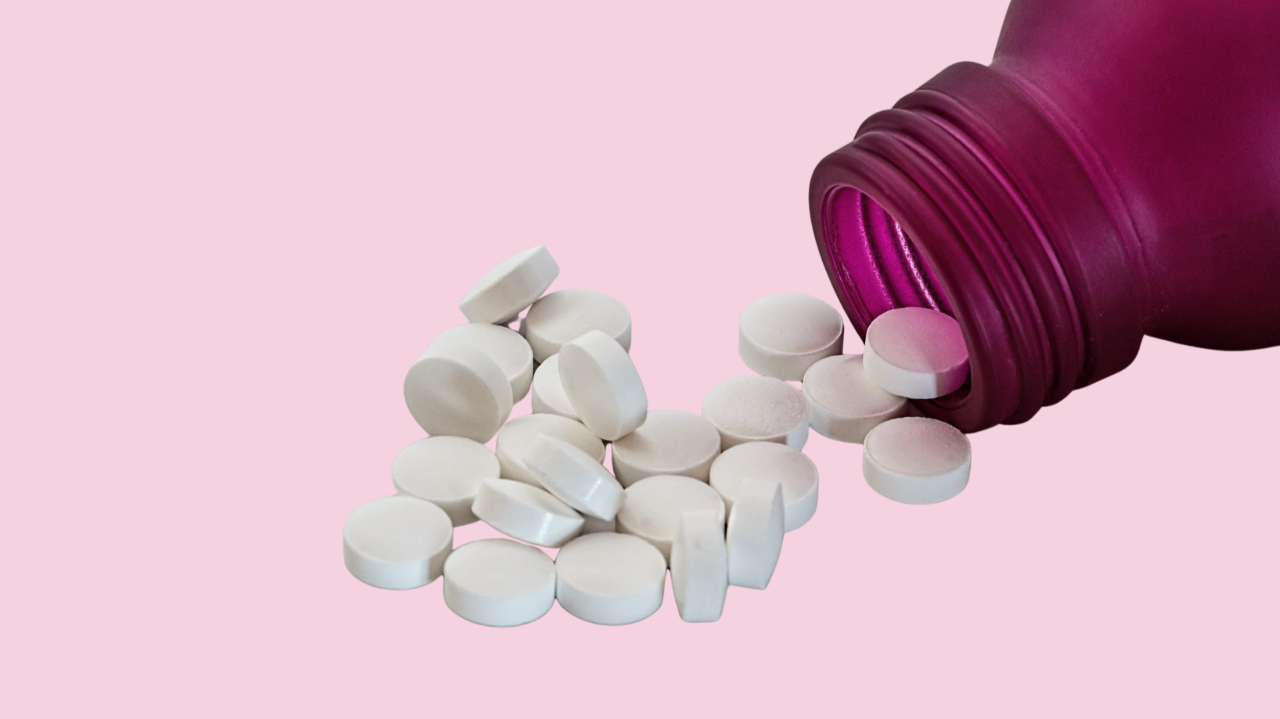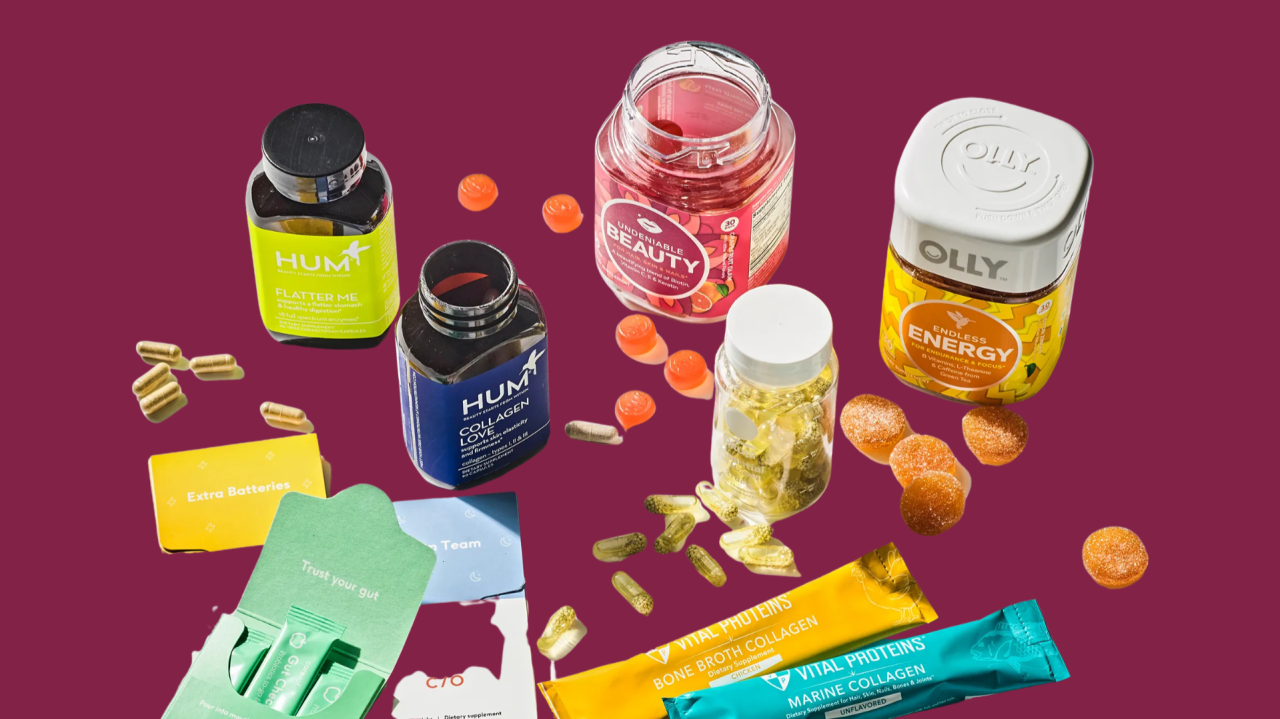Slapping a “biodegradable” label on your packaging doesn’t always mean what you think it does. As consumers become more eco-conscious, brands are leaning into sustainability claims, but not all of them hold up under scrutiny.
Here’s why it matters, how to spot false promises, and what to look for to ensure you’re actually buying into a greener future.
What Does "Biodegradable" Actually Mean?
A product is biodegradable if it can break down naturally into non-toxic substances like water, carbon dioxide, and organic matter—no harmful residues left behind.
But here’s the kicker: there’s no single, universal standard for what qualifies as “biodegradable.” A product might degrade in ideal conditions (e.g., industrial composting) but not in your garden compost or, worse, in a landfill where oxygen and sunlight are scarce.
Why Should You Care?
- Environmental Impact If a product isn’t truly biodegradable, it might break down into microplastics or harmful chemicals that pollute the environment. That’s the opposite of eco-friendly.
- Greenwashing Some brands use “biodegradable” as a marketing ploy without backing it up with proper testing or certifications. This misleads consumers who genuinely want to make greener choices.
- Regulatory Compliance For regulated products like cosmetics and food supplements, false biodegradability claims can land brands in legal trouble. But it’s also a problem for consumers—you deserve transparency about what you’re buying.
How to Spot False Promises
Regulated, third-party certifications are your best friend. Trustworthy standards like:
- EU Ecolabel
- OK Biodegradable
- ASTM D6400 (for compostable plastics)
These certifications mean the product has been rigorously tested in real-world conditions. If there’s no certification, take that claim with a pinch of salt.
Be Wary of Vague Language. Phrases like “environmentally friendly,” “eco-safe,” or even just “biodegradable” without context or evidence are red flags. Does it break down in 30 days? In soil? In water? Ask questions.
Check the Fine Print. Brands often include disclaimers on their packaging. For example, a product might be biodegradable “under industrial composting conditions,” which isn’t the same as breaking down in your garden or the ocean.
Research the Brand’s Practices. Are they transparent about their sustainability goals and processes? Brands genuinely committed to eco-friendliness will share details about testing, certifications, and the materials they use.
Why This Matters More Than Ever
With sustainability at the forefront of consumer choices, ensuring that products are genuinely biodegradable helps protect the environment and keeps companies accountable. It’s also about using your purchasing power wisely—rewarding brands that are making real efforts, not just paying lip service.
Not all “biodegradable” products are created equal. Look for certification, dig into the details, and don’t be afraid to question vague claims.
Need help navigating sustainability claims or ensuring your brand’s products meet regulatory standards? Taylored Consultancy is here to help. We’ll make sure your products live up to their promises—because consumers (and the planet) deserve nothing less.
o


 By admin
By admin
.svg) Jan 23, 2025
Jan 23, 2025







